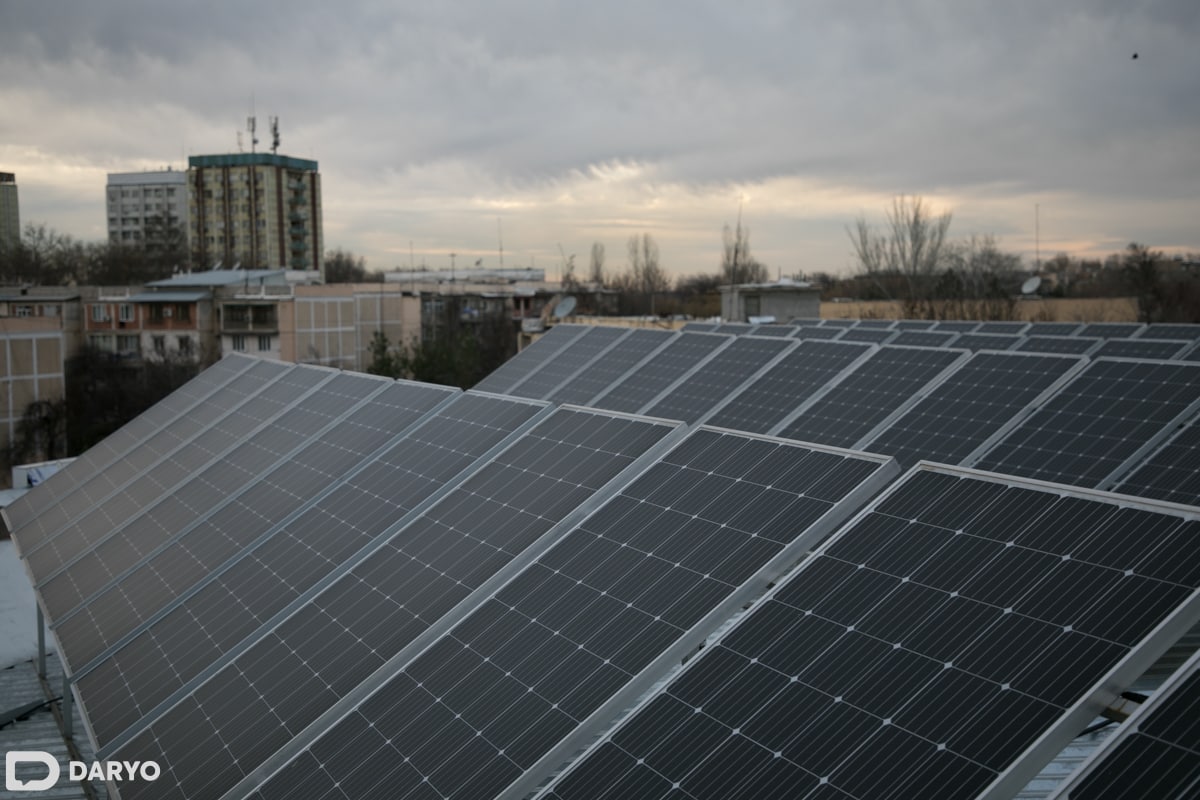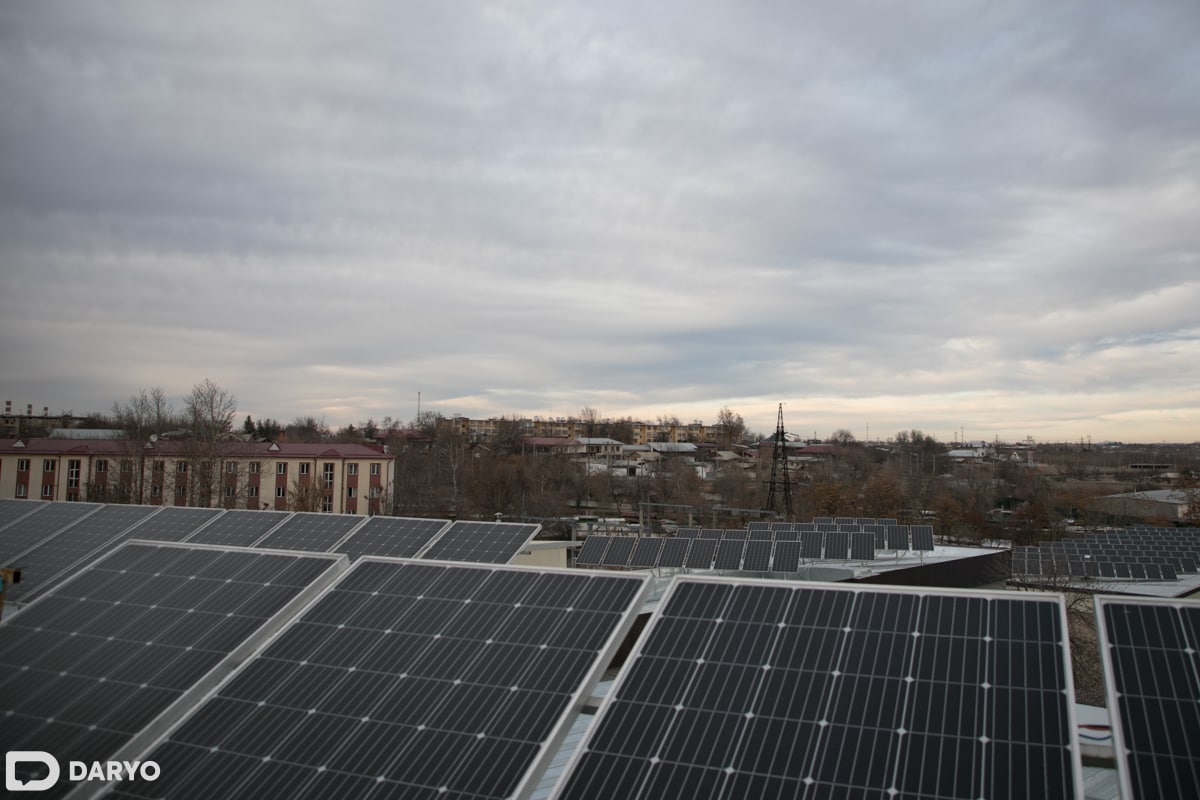In 2016, the Asian Development Bank (ADB) approved a $1mn project named Technical Assistance (TA) No. 9262, aimed at supporting Uzbekistan's second 100MW Solar Power Project in Sherabad, Surkhandarya province. The initiative sought to enhance renewable energy generation, reduce carbon emissions, and address power supply challenges in the region, the report states.

Project Overview:
- Approval and Signing: The project received approval on December 5, 2016, with a signing date on December 30, 2016.
- Funding Source: The Clean Energy Fund under the Clean Energy Financing Partnership Facility provided the financial backing.
- Executing Agency: The Joint Stock Company Uzbekenergo, Ministry of Health, and the Government of Uzbekistan spearheaded the project.
Objectives and Rationale: The primary goal of the Project Preparatory Technical Assistance (PPTA) was to lay the groundwork for ADB's support in the development of the solar project. Uzbekistan, with 89% of its energy generation from thermal power plants, faced challenges in efficiency and frequent power outages. The PPTA aimed to prepare the ensuing solar project, address grid losses, and improve energy access in Surkhandarya.
Results and Achievements:
- Due Diligence: While the project had ambitious objectives, political changes in Uzbekistan, including a leadership reorganization in 2017, led to the suspension of the TA's activities in May 2017.
- Outputs Not Achieved: Despite initial progress, none of the targeted outputs were achieved. The TA was closed in May 2018, with only 15% of the funds disbursed.
- Project Cancellation: The new leadership's decision to suspend internationally funded projects, including the solar initiative, resulted in the cancellation of the sovereign Second Solar Power Project.

Lessons Learned:
- Timing Alignment: The TA aimed to build on the benefits of a prior solar project, but the subsequent project's timing did not align with the earlier project's schedule.
- Coordination: Strong coordination between the government, ADB, and consultants proved essential for effective project implementation, leading to prompt project closure upon government decision.
Efficiency and Sustainability:
- Efficiency Assessment: Despite some process efficiency in contract management, the TA was considered less than efficient due to the low percentage of funds disbursed without achieving the intended outputs.
- Sustainability Rating: While the TA was officially closed, subsequent developments saw the private sector taking up the project as a public-private partnership (PPP). The sustainability link to the TA was deemed weak.
Earlier, Daryo reported that this year projects were initiated with Saudi Arabia's AKWA Power to construct 5GW of solar and wind farms necessitate cables. The ongoing 27GW of solar and wind projects collectively require $500mn worth of cable.
Additionally, French renewable energy company Voltalia has entered into a public-private partnership (PPP) agreement with the Uzbekistan government to construct a 100 MW solar power plant in the Khorezm region. The project, estimated to require an investment of $68 mn, will be situated on a vast area of 182.99 hectares in the Tuprokkala district of Khorezm.
Follow Daryo's official Instagram and Twitter pages to keep current on world news.
Comments (0)